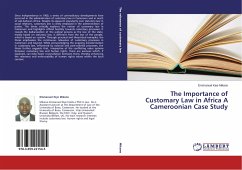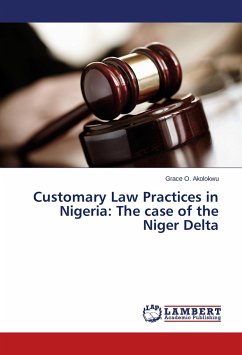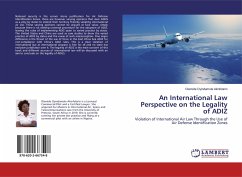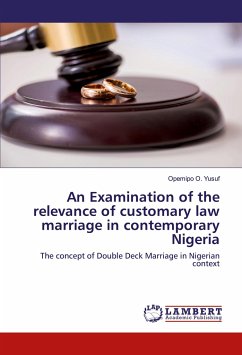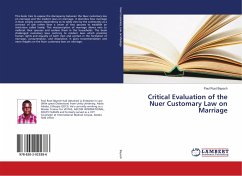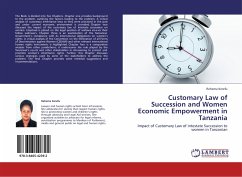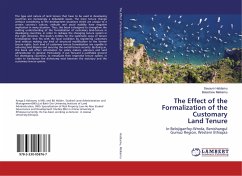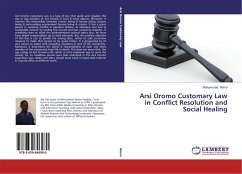Since independence in 1960, a series of contradictory developments have occurred in the administration of customary law in Cameroon and in much of sub-Saharan Africa. Despite its apparent popularity over statutory law in social relations, customary law is rarely employed in the administration of justice. The thesis critically explores the notion of customary law in Cameroon and highlights official hostility towards customary processes. It reveals the balkanization of the judicial process as the law of the state, mostly based on statutory law, is different from the law of the people, which is based on custom. Through practical and theoretical examples, the thesis emphasizes the continuous relevance of customary processes in Cameroon and beyond. While acknowledging the ongoing transformation in customary law, influenced by colonial and post-colonial processes, the thesis further suggests that, irrespective of the conflicting value systems between customary law and human rights, there are avenues which, if explored, can help foster reconciliation between them, thereby enhancing the relevance and enforceability of human rights values within the local context.

